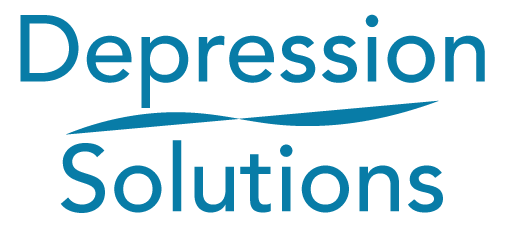
Depression symptoms are traditionally treated with psychotherapy and antidepressant medications, and these treatments are considered the first-line treatments.
Psychotherapy helps individuals with depression understand the behaviors, emotions and ideas as well as the life events that contribute to their depressed state and it teaches new problem solving skills and techniques. Therapy takes time since it involves evaluating your thoughts and behaviors, identifying stresses that contribute to depression and working to modify both. People who actively participate in therapy recover quicker and have fewer relapses.
Antidepressant medications are chemicals thought to increase the levels of under-performing neurotransmitters in the brain. Antidepressant medications are typically taken by mouth. These chemicals circulate in the bloodstream throughout the body. This can result in unwanted side effects including weight gain, sexual problems, upset stomach, sleepiness, and dry mouth. Antidepressant medications can take weeks for it to reveal whether it is effective for a patient. While these medications have a positive effect for many, they do not work for all and even when medication does work, some individuals cannot tolerate the side effects.
Ketamine is a dissociative anesthetic that has been used intravenously “off label” for years, for managing treatment resistant depression, chronic and severe pain, PTSD and anxiety. In 2019, the FDA approved esketamine (brand name Spravato) for the treatment of Treatment Resistant Depression. It is an intranasal form of ketamine. Side effects include drowsiness, confusion, headache, nausea, high blood pressure, increased heart rate and a dissociative state (changes in the perception of sight and sound and creates a feeling of detachment from the environment).
Vagus Nerve Stimulation (VNS) was developed as a treatment for seizure disorders but can also be used to treat depression that has not responded to other therapies. It involves implanting an electrical pulse generator under the skin in the patient’s chest that provides intermittent electrical stimulation to the vagus nerve in the neck.
In addition, alternative therapies that are helpful for mental conditioning can be integrated to any of the above treatments and include: acupuncture, reflexology, meditation, exercise, massage, yoga, guided imagery and herbal supplements. Please note, consult your mental health provider before taking any herbal supplements if you are taking an antidepressant.
© 2025 Depression Solutions. All Rights Reserved.
